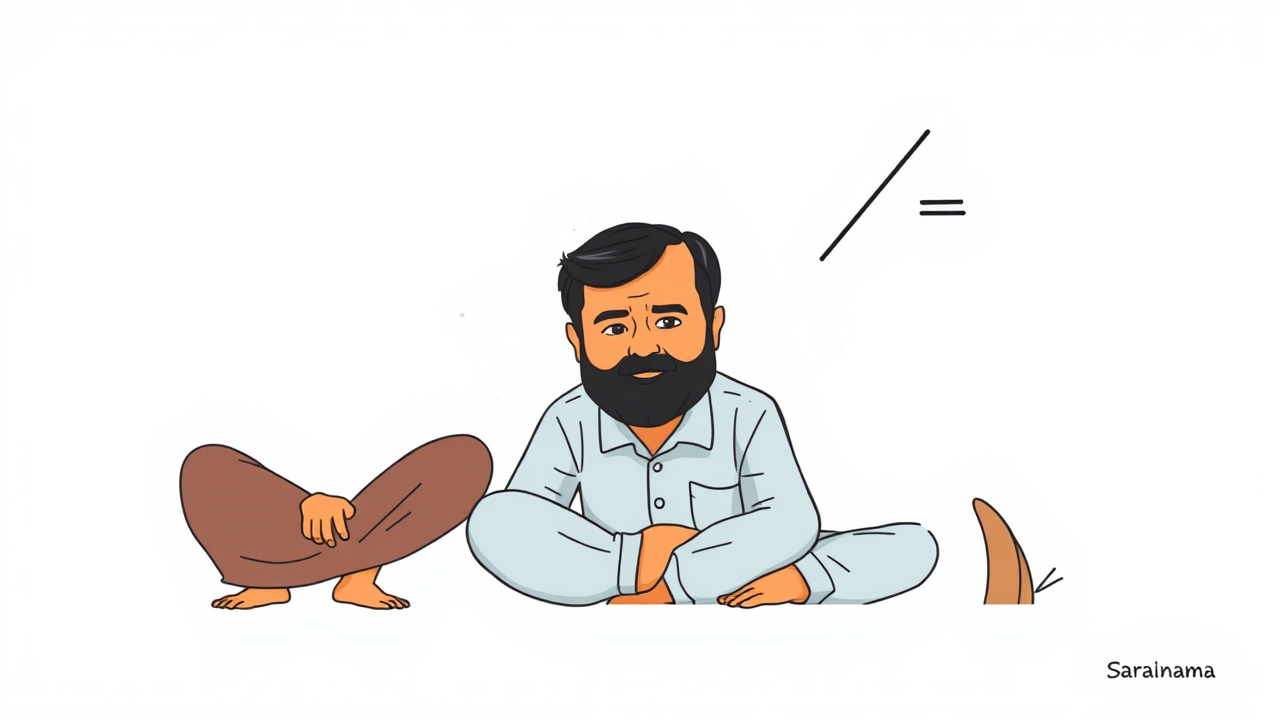Konar village in Rohtas district, Bihar, is home to a modest two-storey house belonging to Jan Suraaj founder Prashant Kishor. Built in the 1970s, the building stands with peeling paint along the main road, surrounded by canals and rice fields. Its caretaker since 1970, 72-year-old Kedar Pandey, watches over the 24-room structure, most of which remains locked. As Bihar Assembly elections unfold, the village reflects mixed opinions on Kishor's political journey. Some residents credit him with setting the election narrative and believe his movement will transform state politics. Others remain skeptical, pointing to the entrenched caste dynamics and established political alliances. The Karaghar Assembly seat, under which Konar falls, witnesses a contest involving Jan Suraaj's Bhojpuri singer Ritesh Pandey against Congress sitting MLA Santosh Mishra, with voting scheduled for November 11. The village offers a window into both admiration and doubt surrounding Kishor's ambitious political project.

Divided Village Views on Kishor's Political Impact
Inside the courtyard, Kedar Pandey and fellow villager Ramesh Pandey discuss how Jan Suraaj could reshape Bihar politics. Both believe Kishor has successfully set the election narrative, though Kedar regrets Kishor did not contest personally, which might have energized cadres further. He dismisses allegations that Jan Suraaj is the BJP's B-team, noting Kishor opposed BJP in states like West Bengal. However, not everyone shares this enthusiasm. Rice mill owner and relative Vinod Pandey acknowledges Kishor talks sense but in an idealistic manner, noting the difficulty of breaking Bihar's caste barriers. Another unnamed resident clarifies the village does not blindly support Kishor, emphasizing that the NDA and Mahagathbandhan remain the main political forces in Bihar.
Source: Link
